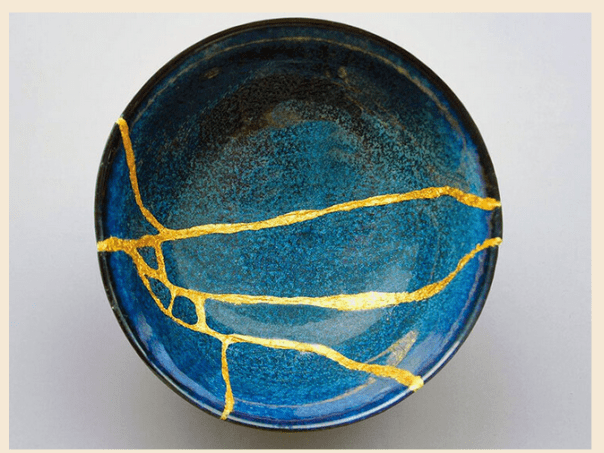
This month Hero Theatre of Los Angeles will open its revival of Velina Hasu Houston’s TEA, one of the most widely produced Asian American plays worldwide since it first premiered at the Manhattan Theater Club in 1987. TEA follows the experiences of five Japanese war brides, women who immigrated to the U.S. as the wives of American servicemen, in Junction City, Kansas. Four of the women gather for tea after the violent suicide of the fifth, whose ghost reverberates throughout the play with an anguished urgency.
At the end of World War II, roughly 50,000 Japanese women came over to the United States. Houston, who was herself born and raised in Junction City and the daughter of a Japanese war bride and African American father, traveled around the state interviewing nearly fifty Japanese war brides to research the depth and diversity of experience within this community. Worried for her safety, her mother insisted on joining her on the trip—this was, of course, before the ubiquity of GPS and cell phones! The two were both surprised and moved by the vulnerability and openness of traditionally reserved Japanese women sharing their experiences. Many of the women they spoke to were living in isolation as the only women of color in the towns where they lived. Their stories of immigration, cultural clash, alienation, racism, mental health, and domestic abuse as well as resilience, love, sisterhood, and motherhood were distilled into the characters that make up this all-female, all-Asian cast. Houston’s aim was always to “represent these women more meaningfully and truthfully, so that people would see that they were human beings beyond their stereotypes.”
But the inspiration for the play, and really all of Houston’s work, has roots in her Japanese upbringing. Houston grew up listening to Japanese folklore from her mother. One of her early childhood memories was helping to serve tea to her mother’s Japanese friends when they came to visit her home. This job—replenishing cups of hot tea—allowed her to be the proverbial fly on the wall as she listened to their conversations of struggle and joy both in Japan and in coming to America. Houston says, “When you’re in an immigrant family, you just have a different perspective of U.S. society.” Children of immigrants are constantly observing America through two (or more) languages and cultures, often defending one over the other and constantly flitting back and forth or standing in the liminal space at their crossroads.

Photo by Jenny Graham

Over thirty years later after its first debut, TEA continues to carry universal and relatable themes that pull at the heartstrings and challenge society’s stereotypes around identity. Long before intersectionality was a widely coined term, Houston was writing about the convergence of race, ethnicity, language, nationality, and culture. As a mixed-race playwright, she has always naturally been drawn to the experiences of women who live between worlds. In the early days of her career, she was marginalized because her work defied categorization. She says, “I’ve spent my life never being Asian enough or never being Black enough.” When asked about the evolution of the play, Houston explains that while the themes have always remained the same, “the society listens differently” with a different consciousness that is reflective of our current cultural sensitivities and appreciations. Further, with every new production, TEA goes through the process of re-interpretation and re-imagination; from the acting, to direction, to set, and sound. Houston describes with delight “my experience of the play always changes” and that it is “forever alive and breathing.”
While the pandemic offered Houston the time and space to work creatively, she understands how badly theater institutions were impacted. She recognizes the need to be “sensitive as artists to help cultivate the industry back to health.” What better way to do so than to buy your tickets to TEA? Part of HERO theatre’s mission is to re-define the modern classics. Undoubtedly, Houston’s TEA has earned its place in the canon of American dramatic writing. Directed by Rebecca Wear, TEA will run at Inner-City Arts from April 21 to May 15. For full cast and schedule visit: http://www.herotheatre.org/tea.html

Photo by Elisa Bocanegra





















